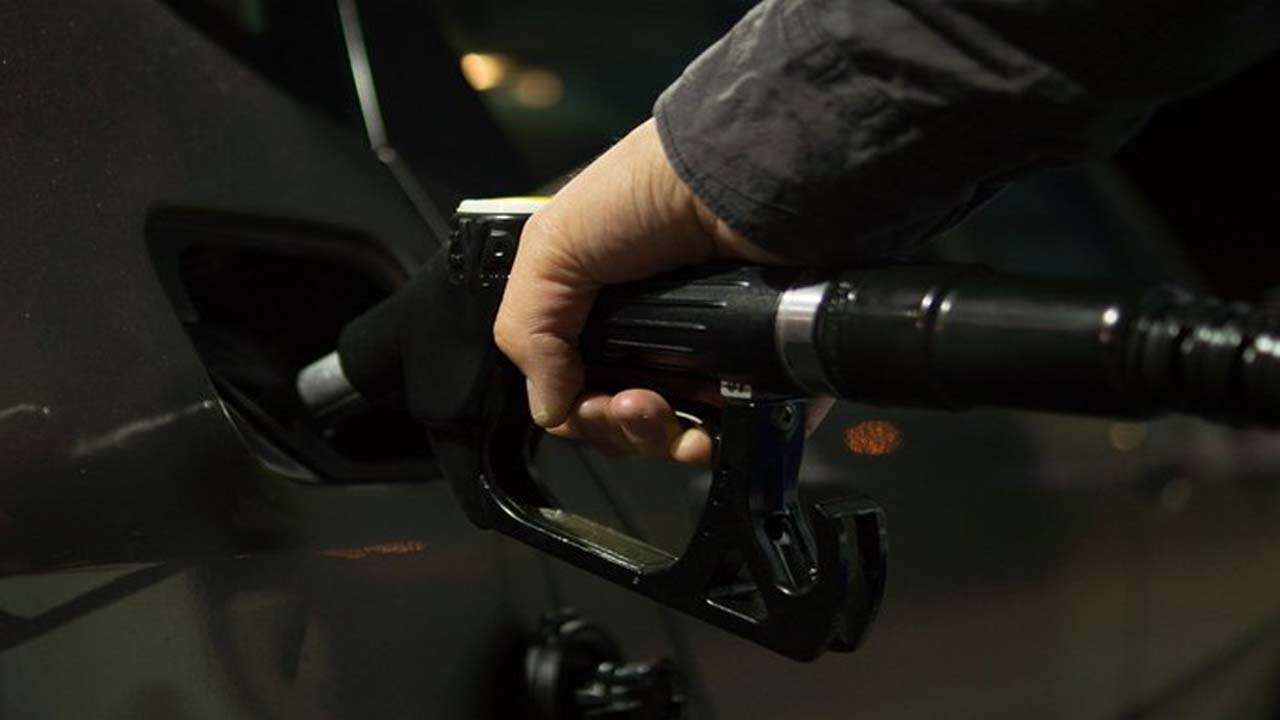
The fuel price has hiked more than doubled since May of last year, and the price of fuel is expected to continue until the global demand and supply stabilize. Prices are currently at a record high of Nu 95.19 a litre of petrol and Nu 100.55 a litre for diesel in Thimphu (As of 17-Mar-2022). Prices for a litre of petrol and diesel had spiked by more than 100% compared to May of last year when a litre of petrol was Nu 45.43 and a litre of diesel then cost Nu 37.88.
The considerable increase in fuel prices last year, according to economists, is attributable to the oil-producing countries’ reduced oil production. However, the current spike is partly due to the sanctions that the United States and other Western countries have imposed on Russia for its invasion of Ukraine. Severe sanctions on Russia aim to isolate the country and create a deep recession, but people worldwide will also feel the economic fallout.
Therefore, more attention needs to be paid to this issue because the fuel price increases have a cascading effect on overall commodity prices due to increasing transportation costs. Rising fuel prices affect those who own vehicles and those who do not. Consumers suffer more than suppliers of goods since rising fuel costs raises the cost of items supplied, and suppliers pass on most of the cost increases to consumers through higher prices. Suppliers are also impacted because they will not be able to sell as much at the higher price. Poor people in society, such as low-paid workers, daily wage field workers, and farmers who need to buy commodities, are the worst affected.
This is a topic of pivotal national importance; since we import oil and its global prices are impacted by a highly volatile market, our country is highly vulnerable to the balance of payment concerns since the pandemic has already impacted our economy. Further, when the cost of living increases, real income declines, and unemployment and poverty rates may rise if the Government does not act promptly.
Our GDP growth recorded an all-time low of -10.08 per cent in 2020, and the GDP for 2021 is expected to be around 3.5 per cent. Both Royal Monetary Authority (RMA) and the World Bank projects Bhutan’s GDP growth of more than 5 per cent in the financial year 2021-22 as the industrial and services sectors are expected to recover gradually.
With this backdrop, I would like to lay down a few recommendations for the Government’s urgent interventions:
- The Government needs to develop a plan of action, strategies, and policies to overcome the impact of rising fuel and overall prices at the micro and macro levels through price control mechanisms and providing subsidies to the oil distributors.
- The Government needs to reduce the vulnerabilities of the balance of payment due to global prices by revisiting the current economic contingency plans, improving market outcome, and preventing market failure caused by externalities.
- If the fuel price rises distort market dynamics and lead to hyperinflation (more than 50%), the Government needs to support poor people in society, such as low-paid workers, daily wage field workers, and farmers.
- It is high time that the Government needs to construct an Oil Reservoir where we can stock up when the Oil price falls below the average price and distribute when there are sudden hikes in prices like today.
Recent Blogs
- The Government cannot continue to be a party to UNCAC until Legal Anomaly is resolved July 8th, 2022
- Relevancy of Gaydrung amidst politics and RCSC reform May 2nd, 2022
- Effective Civil Service Reform in Bhutan November 25th, 2021
- Why didn’t I support the Tobacco Control (Amendment) Bill of Bhutan 2021? July 5th, 2021
- Question to Minister of MoAF on Cordyceps Collection Issues May 29th, 2021
Browse Category
- Gasa Issues (11)
- National Issues (14)
- Personal (3)
- Perspectives (7)
- Speeches (2)


